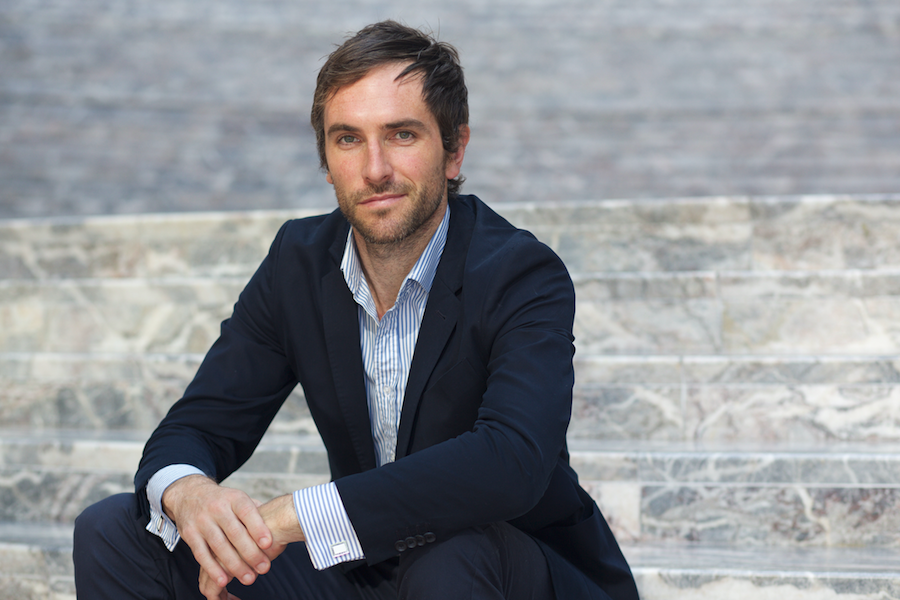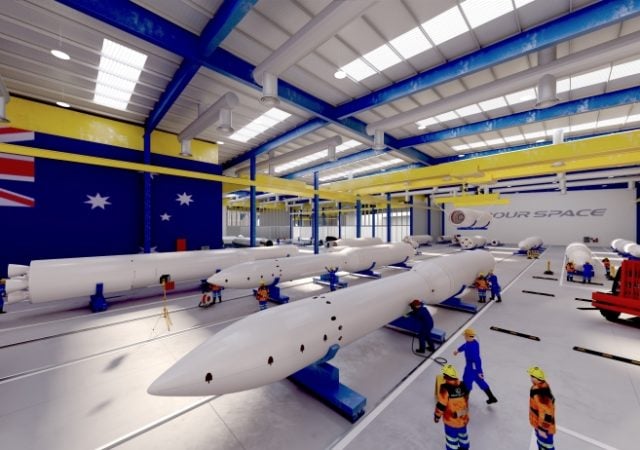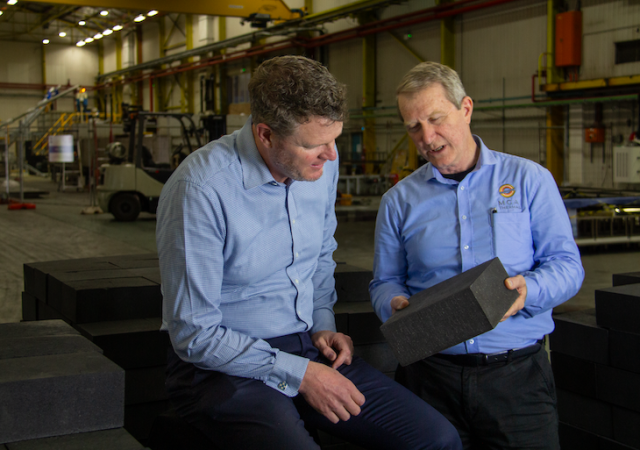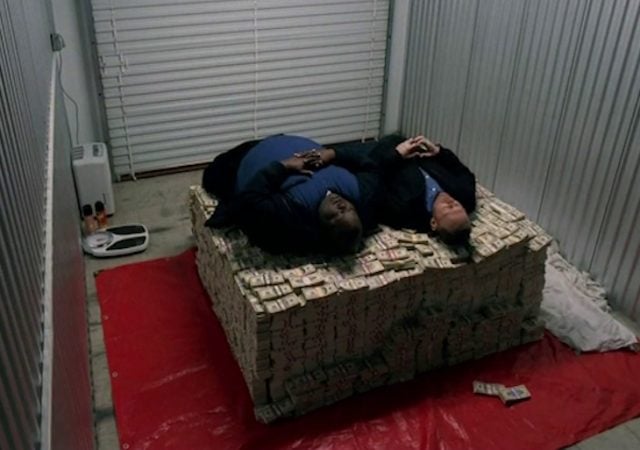So, you want to move your startup to the US? Well, you have a choice.
You can head on over to the typical place to base your company: Silicon Valley, or you can follow our route and head to the Big Apple, the undisputed epicentre of business in the US.
There are distinct advantages to going east instead of west. Dubbed Silicon Alley, New York’s startup scene has blossomed over the past couple of years on the back of it being a hub for collaboration between startups and America’s largest companies.
For instance, by moving to New York as opposed to Silicon Valley, we were able to secure multiple deals not just with US companies but also European, South American and emerging markets to grow our global delivery logistics platform.
But it’s not an easy move. The sitcom Silicon Valley details – with some degree of accuracy – the tropes and tribulations of the Valley. But there’s very little out there on New York’s startup sector, and how you balance living and working in one of the world’s busiest cities
So, off the back of our experiences, here are our most practical top tips for cracking the scene and giving your business the best chance to succeed in New York and the East Coast of the US.
Before you move, jump on the Australians in New York Facebook page – it will help you find an affordable place to live
What’s the hardest part about moving to New York? It’s not finding contacts or talent for your company. It’s finding an affordable place to live.
Whatever way you slice it, living in New York is expensive. And it’s tough to find a bargain apartment from a distance ‘in a neighborhood you would want to live’ – unless you are willing to pay an agent up to $7000 to find one for you. So consider jumping on this Australians in New York Facebook page straight away. One of its main functions is connecting Australians with affordable living arrangements.
Also, consider where you want to live in New York. Its transport systems – both public transport and ridesharing networks – are excellent. Living a mere 15 minutes further away from where you are working could save you thousands and land you a more spacious pad.
Finding a place to work? Consider these hubs and coworking spaces
Unless you already have some cash behind you and have already arranged an office, you’re going to want to find a good cafe or public space to work from when you first arrive.
This WorkFrom community site provides a really good map of WiFi cafes across the city. Below are a few of our personal favourites:
- Freehold in Williamsburg
- Hotel Lobby of Marlton Hotel
- Soho House Meatpacking & Ludlow
- Standard East Hotel
- Cafe Orlin in East Village
- New York Public Library
The last one is easily a favourite spot. But beware, you can’t take phone calls.
If you are looking for a coworking space try The Farm, NeueHouse, and New Work City. They can fit you out with a casual spot for a price.
Network, network, network
You’ll find plenty of like-minded entrepreneurs in New York, but it’s a big city, so the trick is all about finding them.
Coworking spaces are a great place to start, so while you may not want to pay for a desk, you do get the added benefit of networking if you invest in one.
There are a few other key meetups, however, that you should consider. One of the best – and free – is DUNY or the Down Under New York Tech Meetup. It’s growing in influence. Financial Services minister Kelly O’Dwyer and Victorian Small Business and Innovation minister Philip Dalidakis have addressed this group in the past six months.
If you are looking to move further up the chain and network with like-minded professionals, then consider a membership at the SOHO House. It’s exclusive on the basis that it looks for people with unique backgrounds rather than high net worth. It’s also global, so there’s that added benefit.
Keep in mind that in New York, you may have hundreds of acquaintances but only one or two might be true mates. It’s a big city, but it can be lonely.
Timezones are a killer, be ready to work late – and don’t move over early in the year
Get ready to put in some long days if you are still doing business back in Australia. Just as your New York business day comes to end, Australia starts waking up.
Conference calls and Skype meetings between your 6pm to midnight become a very normal routine for an Aussie techie living in New York.
Managing your New York day routine and schedule is the key to making this work. It’s true that New York never sleeps, so you’ll never be without a place to eat or something to do afterwards if you do burn the midnight oil. Business in New York does not stop on weekends so don’t be surprised if you get emails on a Sunday, with a response expected the same day.
Speaking of timezones: do yourself a favour and don’t make a New Years resolution to move your office to New York at the start of 2017. It’s freezing in February. The best time to move and acclimatise is March through October.
Trade coffee meeting for phone calls – and when you do meet, leave the right impression
Australians love to get things done over a coffee. In New York, the best you’ll likely wrangle initially is a 20 minute phone call.
Typically, the New York lifestyle is based around trying to cram as much into each day as possible. Phone calls play well into this dynamic. In New York, business relationships get built over time and are mostly based on success.
If you do finally meet in person, keep your appearance in mind. Execs and New Yorkers alike tend to gauge your status by looking at, in no particular order, your shoes, your watch, and your grooming. You don’t have to dress like a fashion model. Just be mindful that there is a larger focus on appearance and expertise in New York than in other cities.
If you don’t do anything else: get a local involved with your company before you move
One way to avoid a lot of grief and cultural shell-shock when you move over to the US is to partner with a New Yorker, or at least a US citizen.
Thanks to having our current chairman, Bane Hunter on board before I moved, I learned the easy way not navigate the complexities of the US market including minor details, like which public holidays Americans are willing to talk shop on. On some holidays, like Thanksgiving, they prefer not to be disturbed.
But his help extended beyond understanding cultural pleasantries. We landed our first enterprise deal on the back of Bane’s relationships in New York.
Adapting to New York is always going to be a challenge, but a familiar face and some grassroots knowledge can give you the edge you need to succeed.
Image: Joel MacDonald. Source: Supplied.




















Trending
Daily startup news and insights, delivered to your inbox.